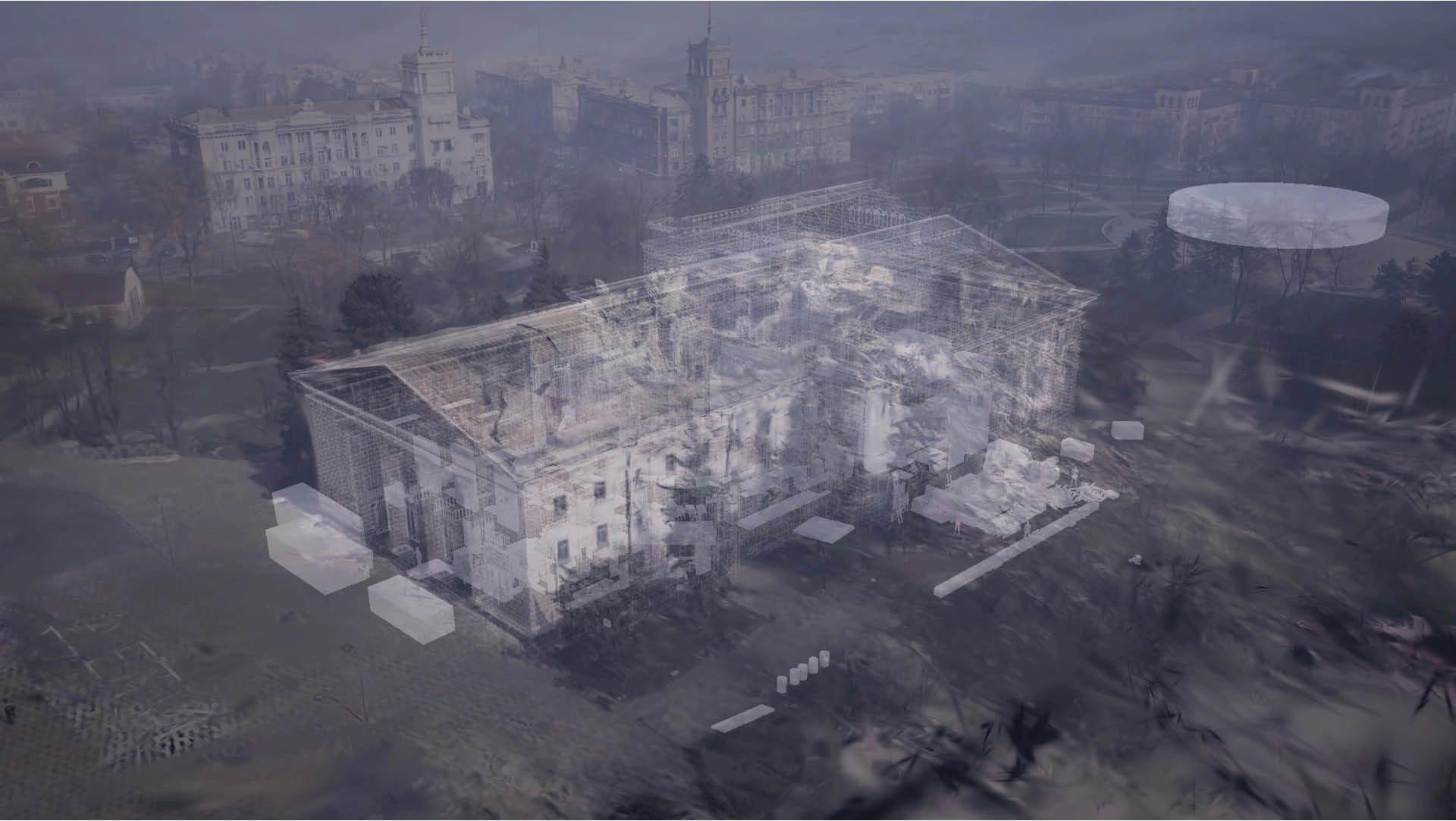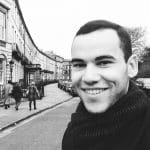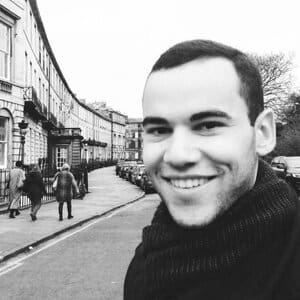
Among other goals, with this series The Architectural League is seeking to encourage disciplinary engagement that reflects critically on destruction—resisting the common impulses that lead our professions to privilege construction. From individual homes to entire ecosystems, built environments and the lives they shape are threatened all around the world. What is the role of architects and planners relative to these challenges?
Cultural heritage often finds itself on both defense and offense relative to such threats, and built environment professionals with it. Identifying, designating, and defending sites of both “tangible” and “intangible” cultural significance involves many players. And whether occurring in sites of acute or slow violence, all players claim to have genuinely publicly minded interests at heart. Historian of planning Lawrence Vale has described five categories of what he calls “design-politics” that are often activated in these processes, always with winners and losers:
- Depopulation: Whose heritage is evicted?
- Commodification: Whose heritage is priced out?
- Segregating out: Whose heritage is placed elsewhere?
- Segregating in: Whose heritage is conserved?
- Post-trauma reconstruction: Whose heritage gets rebuilt?
The range of cases where such “design-politics” are invoked is staggeringly wide. It includes sites threatened by geopolitical ambitions and war such as Palestine, Ukraine, and Mali; sites threatened by development such as Tanzania’s Ngorongoro National Park and downtown Cairo; and sites threatened by effects of anthropogenic climate change such as the recent fires in Los Angeles and the pollution at the Taj Mahal.
Diverse as this list is, international law remains one of the only spheres wherein accountability and redress relative to the effects of such “design-politics” can currently be sought. And it is not only lawyers who make its systems function. Through their stewardship of the built environment, architects, planners, and preservationists can shed light on the key techniques, procedures, and consequences of cultural heritage’s destruction, protection, and weaponization. Might they also have the potential to change them?
Panelists
Nadi Abusaada is an architect and a historian. He is currently an assistant professor at the School of Architecture and Design at the American University of Beirut and was previously a postdoctoral fellow at MIT and ETH Zürich. Abusaada is the editor-in-chief of Arab Urbanism and a policy member of Al-Shabaka, The Palestinian Policy Network. Nadi has published two edited volumes and written numerous articles on the history and politics of architecture and urban planning in Palestine and the Arab region and is an editorial contributor at The Architectural Review.
Maksym Rokmaniko is an architect, researcher, and educator. His work integrates advanced spatial analysis and visualization techniques to address critical issues of history, media, ecology, and justice. As founding director of the Center for Spatial Technologies (CST), a Kyiv and Berlin-based practice, he leads groundbreaking work in critical spatial research. CST’s projects have been showcased at the Venice Architecture Biennale and Louisiana Museum of Modern Art and covered in Die Zeit and The New York Times. A Fulbright Scholar, Rokmaniko has lectured and led workshops at the Architectural Association, Royal College of Art, Columbia University, and Yale Law School.
Alexandra Xanthaki is the UN special rapporteur in the field of cultural rights. Well-known for her work on migrant, minority, and indigenous rights, Xanthanki’s publications range from issues relating to cultural diversity, cultural heritage, balancing cultural rights, and multicultural aspects of international human rights law. She is professor of laws at Brunel University of London, a member of Athens Bar, and a member of the Oxford Human Rights Faculty. Her forthcoming report to the United Nations Human Rights Council will be on artificial intelligence and creativity.
The program will be moderated by Anjli Parrin. Parrin is a human rights advocate and lawyer. Her practice and research focus on areas of armed conflict and international criminal law, colonialism and its impacts, discrimination and inequality, and socio-economic rights. Parrin serves as an expert witness and has worked alongside forensic scientists to carry out complex war crime investigations, including for international and hybrid courts. She is an assistant clinical professor of law at the University of Chicago Law School, where she also directs the Global Human Rights Clinic.
This event is presented by the Architectural League of New York. Event time is 12:30 p.m. ET, 11:30 a.m. CT.
Featured Speaker
Nadi Abusaada is an architect, urbanist and a historian. He is currently an Aga Khan Postdoctoral Fellow at the Massachusetts Institute of Technology (MIT) in the United States. Nadi’s PhD at the University of Cambridge examined the history of urban planning and urban governance in late Ottoman and Mandate Palestine. Nadi is also the co-founder of Arab Urbanism, a global network dedicated to historical and contemporary urban issues in the Arab region. His writings have been featured in a number of international publications including The Architectural Review, The International Journal of Islamic Architecture, and the Jerusalem Quarterly among others.










